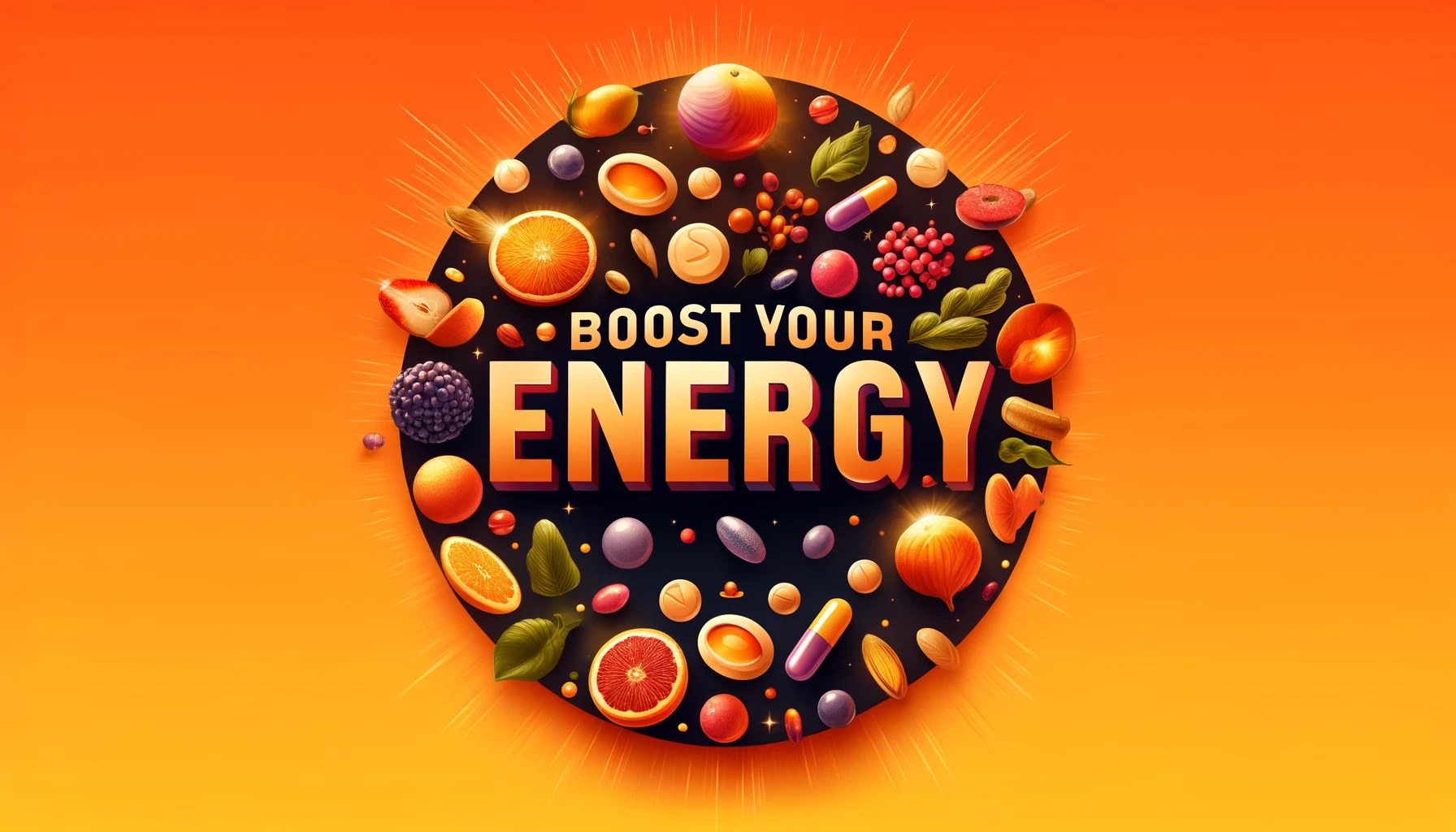07/04/2022
With summer making our evenings lighter and brighter for just an hour longer, the UK is happy to wave “wintertime” goodbye. But an hour gained in the daylight, is also an hour of precious sleep taken away. According to thesleepcharity.org.uk, clocks being moved forward causes our internal body clock to be out of sync with the normal day/night cycle. Maintaining a positive vitamin & mineral profile is a huge factor in ensuring we don’t have issues with fatigue and deficiency in these is detrimental to our wellbeing, health, and mood. Here’s 5 Minerals & Vitamins for energy to adapt to that slight yet sometimes detrimental change to our body clocks.
Our Recommended Minerals & Vitamins For Energy
Enter your description about the heading title here.
1. Vitamin B12
- Health Impact: One of the most essential vitamins for energy, Vitamin B12 is crucial for nerve tissue health, brain function, and the production of red blood cells. Deficiency can lead to pernicious anemia and neurological issues. 1
- Food Sources: Clams and liver are extremely high in vitamin B12. For example, just 3 ounces of clams provide 1400% of the RDI for vitamin B12. .
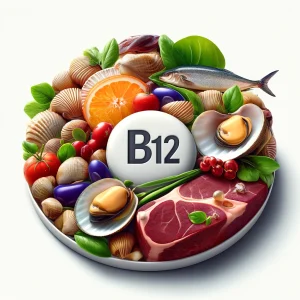
2. Magnesium
- Health Impact: Magnesium supports hundreds of chemical reactions in the body, including energy creation and muscle movements. It has been shown to help alleviate depression, type 2 diabetes, and high blood pressure.
- Food Sources: Almonds, spinach, broccoli, bananas and cashews are rich in magnesium. In particular, A single ounce of almonds contains 20% of the RDI.
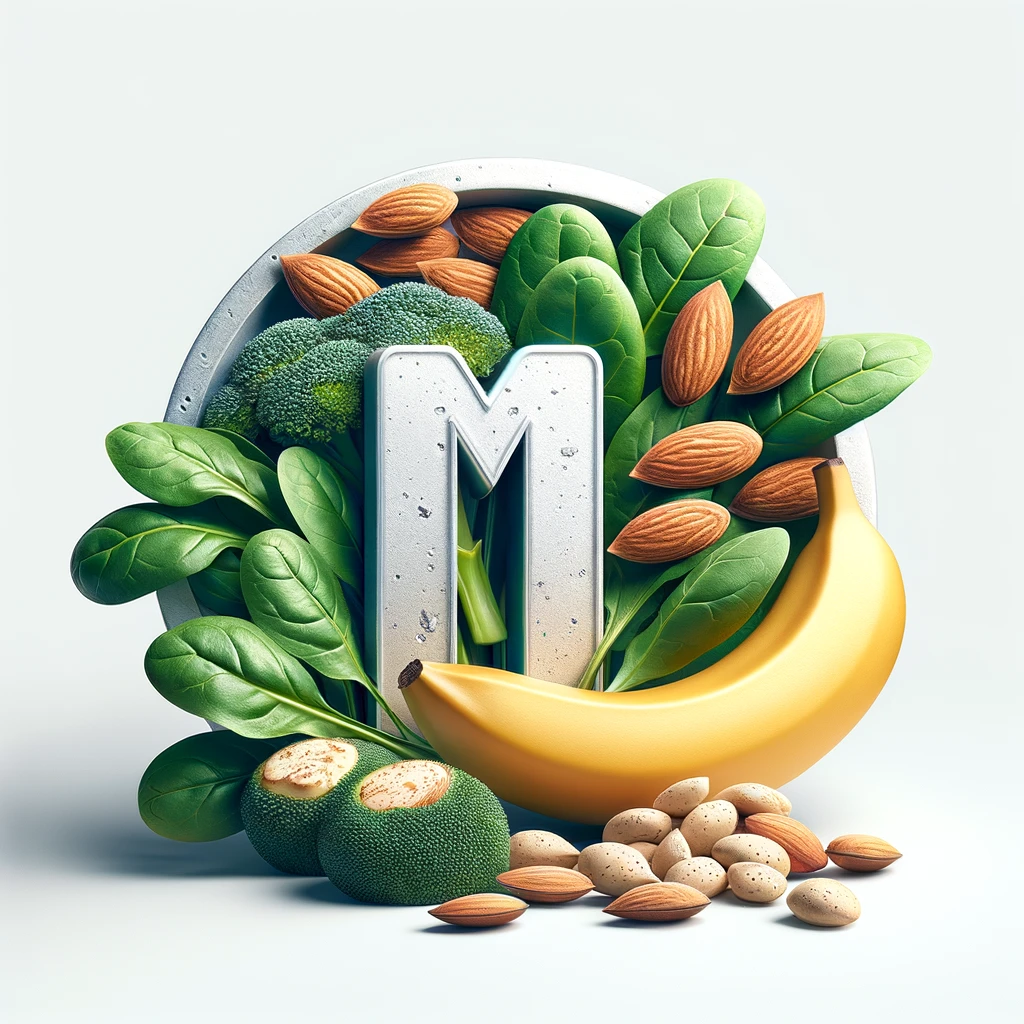
3. Vitamin D
- Health Impact: Vitamin D is essential for bone health, reducing fatigue as a vitamin for energy levels, immune function, reducing the risk of multiple sclerosis, heart disease, and flu. Low levels are linked to an increased risk of bone fractures.
- Food Sources: Sunlight will always be the main source of Vitamin D, however since the UK’s weather is so inconsistent, here’s some edible suggestions. Cod liver oil and swordfish are excellent sources. A single teaspoon of cod liver oil provides more than 100% of the RDI for Vitamin D.

4. Zinc
- Health Impact: Zinc is vital for immune function, wound healing, DNA synthesis, and cell division. Zinc deficiency can lead to hair loss, impotence, and a decreased sense of taste or smell.
- Food Sources: Oysters contain more zinc per serving than any other food, with just 6 medium oysters providing nearly 300% of the RDI.
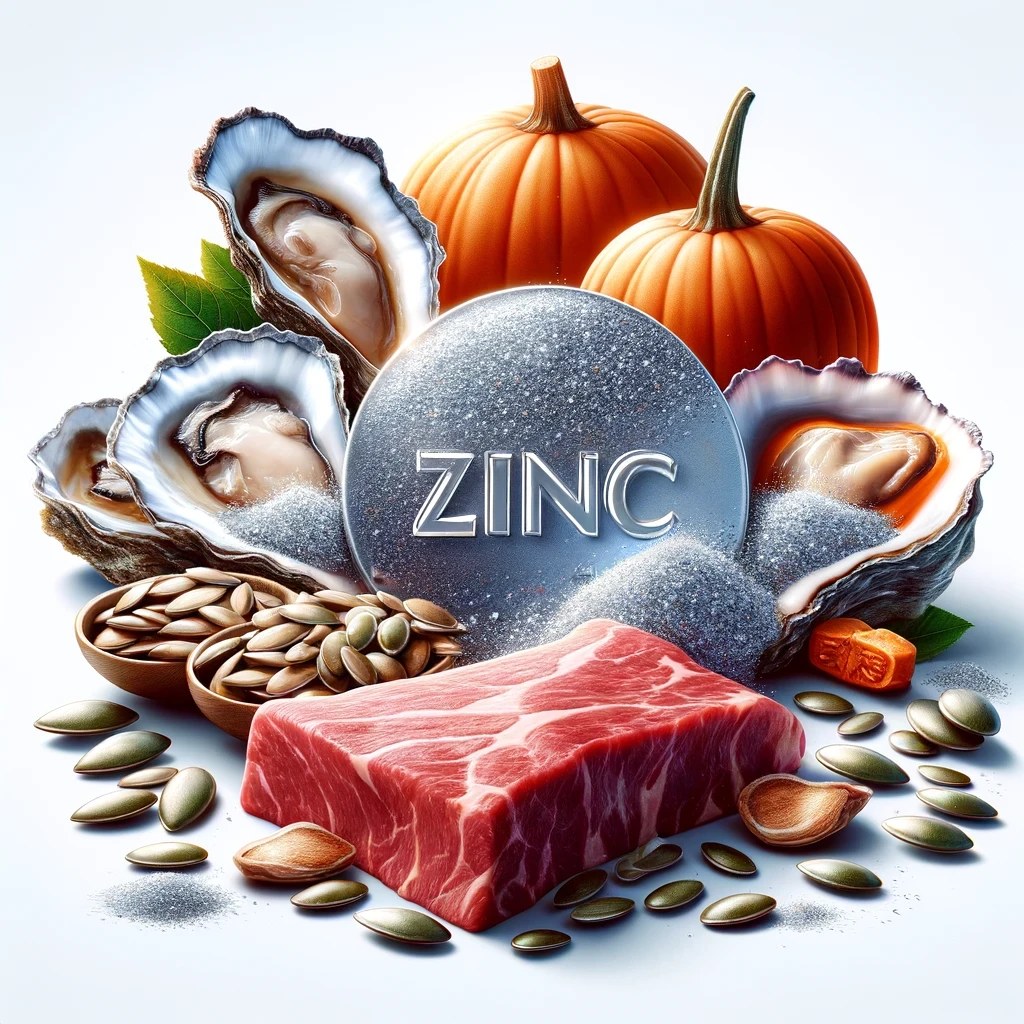
5. Iron
- Health Impact: Iron is crucial for the creation of red blood cells and is an essential component of hemoglobin. An iron deficiency can lead to anemia, causing fatigue and decreased immune function.
- Food Sources: Red meat and lentils are rich in iron. For instance, 3 ounces of cooked beef provide about 15% of the RDI, while a cup of cooked lentils provides 37%.
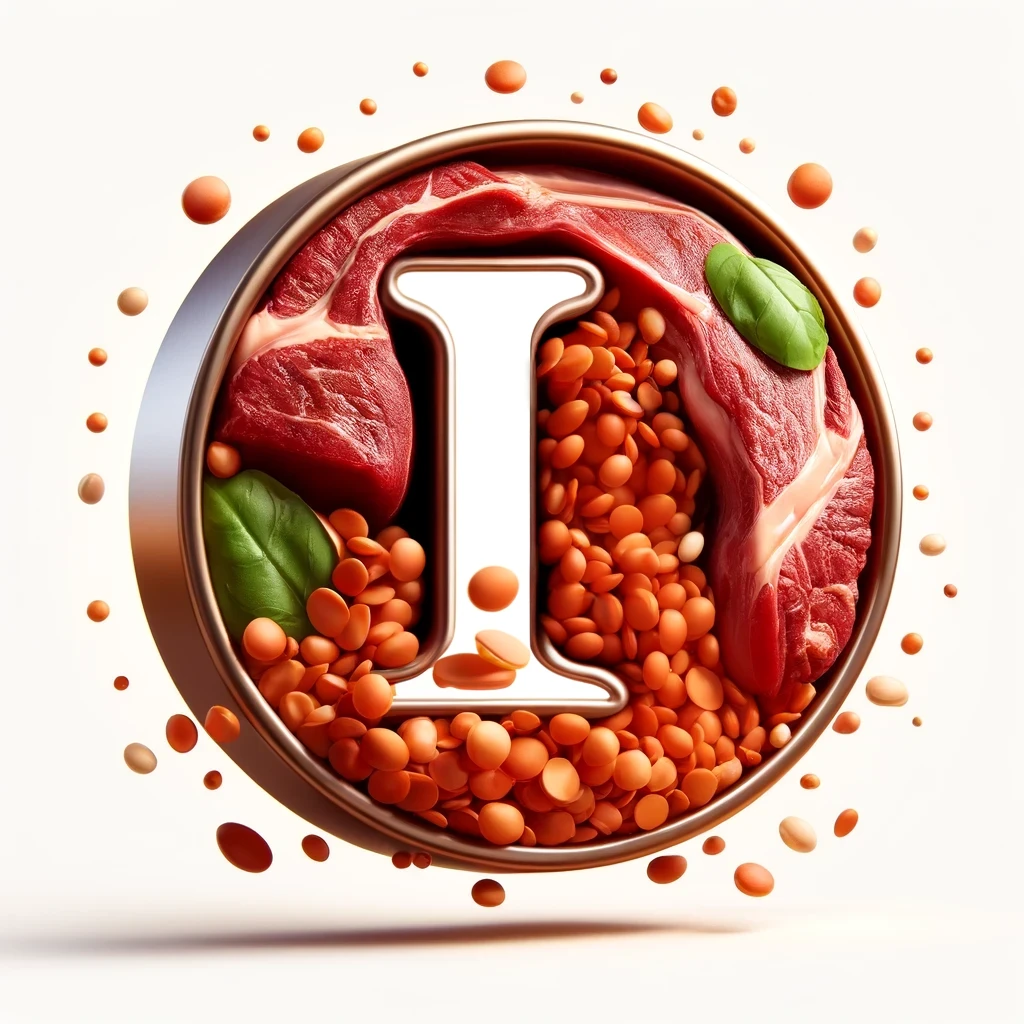
How can I ensure I’m within the recommended levels for all of these?
It’s a lot easier than you think.
Randox Health can test you for all 5 of these Vitamins for energy as well as others such as Calcium to measure bone health, Folic Acid which is essential before/during, and Vitamin C responsible for protecting cells, maintaining healthy skin & blood vessels and for wound healing.
Not only do we test for deficiency, we provide a means to treat it. Our latest partnership with VITL allows you to avail of their fantastic range of nutrition packed supplements for specific conditions or ailments.
With a simple blood test any of our clinics nationwide, we can look at each of the levels of these levels and create a simple, intuitive, personalized report to give you an overall vitamins & mineral profile as well as what steps to take next within just 2 days of your appointment with repeat testing to track your progress 6 months down the line.
References
- Oh, R., & Brown, D. L. (2003). Vitamin B12 deficiency. American Family Physician, 67(5), 979-986.
- Schuchardt, J. P., & Hahn, A. (2017). Magnesium and health. Critical Reviews in Food Science and Nutrition, 57(2), 354-365.
- Holick, M. F. (2007). Vitamin D deficiency. New England Journal of Medicine, 357, 266-281.
- Plum, L. M., Rink, L., & Haase, H. (2010). The essential toxin: Impact of Zinc on human health. International Journal of Environmental Research and Public Health, 7(4), 1342-1365.
- Abbaspour, N., Hurrell, R., & Kelishadi, R. (2014). Review on iron and its importance for human health. Journal of Research in Medical Sciences, 19(2), 164-174.

